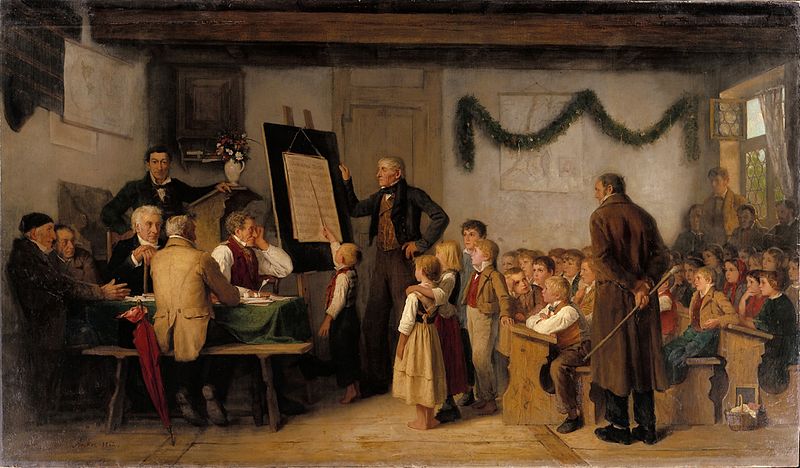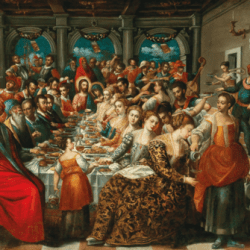I received a very flattering compliment about my recent post on teaching logic to teens, and I don’t wish to quibble with the kind soul who bestowed it on me. But there’s a secret I must reveal:
Teaching teenagers is easier.
What we are studying is the art of identifying bad arguments and replacing them with good ones. One of the tricks used in the book, and that I use in the class as well, is to assert things that are true, but which are asserted poorly. In other words, I might be right, but I’m right in all the wrong ways.
And this is why teenagers are so much easier to teach than adults: Teenagers arrive on the scene already prepared to tell you that you are wrong. Adults, in contrast, are often only capable of telling you that they are right.
Think I exaggerate? Listen to talk radio sometime.
***
The mistake people make with teenagers is thinking that because teens argue, they will not listen. But teenagers want to be heard! They, more than anyone, know the value of being listened to. A willingness to argue properly is the natural result of learning how to listen properly. Adults often hide behind the excuse of “peacefulness” when their decision not to argue is in fact a decision not to listen.
Teens intuitively know that the adults around them are spewing all kinds of nonsense, and they are thrilled when you can put a name to each different sort of idiocy, and show them how to properly call it out and refute it. Teenagers are young and poor. They have nothing to lose and everything to gain by an earnest search for the truth.
So no, dear reader, I’m not doing anything particularly special teaching the basics of logic to teens. You should be jealous, but not because I’ve got any astounding skill. Be jealous because I get to kick back on a Friday morning and have all the fun.

Artwork: Albert Anker, The School Exam, 1862 [Public Domain] via Wikimedia.












